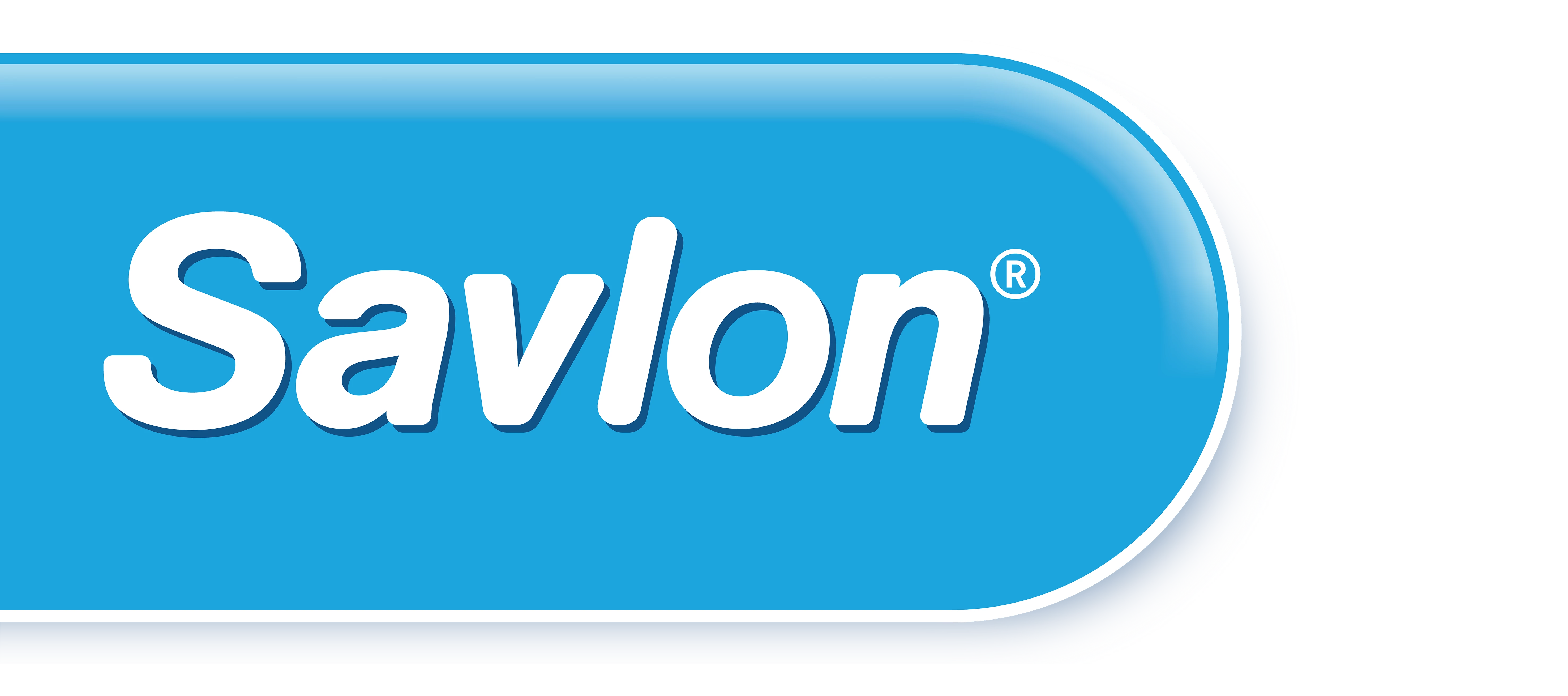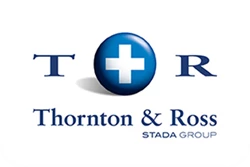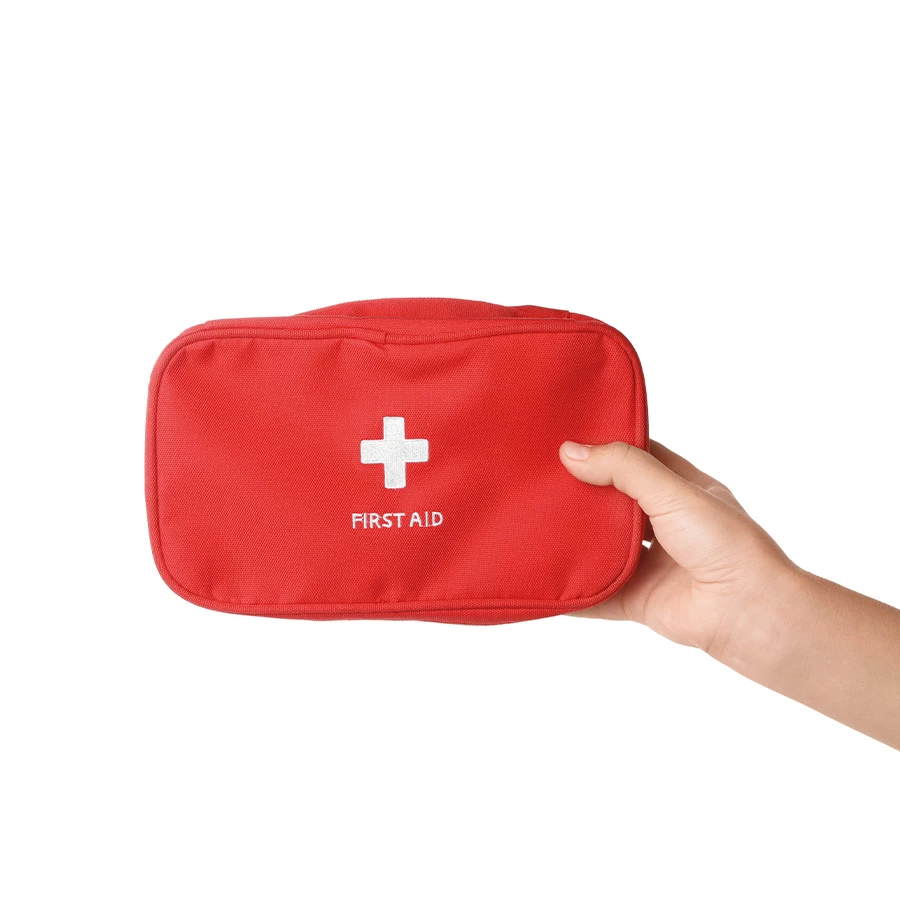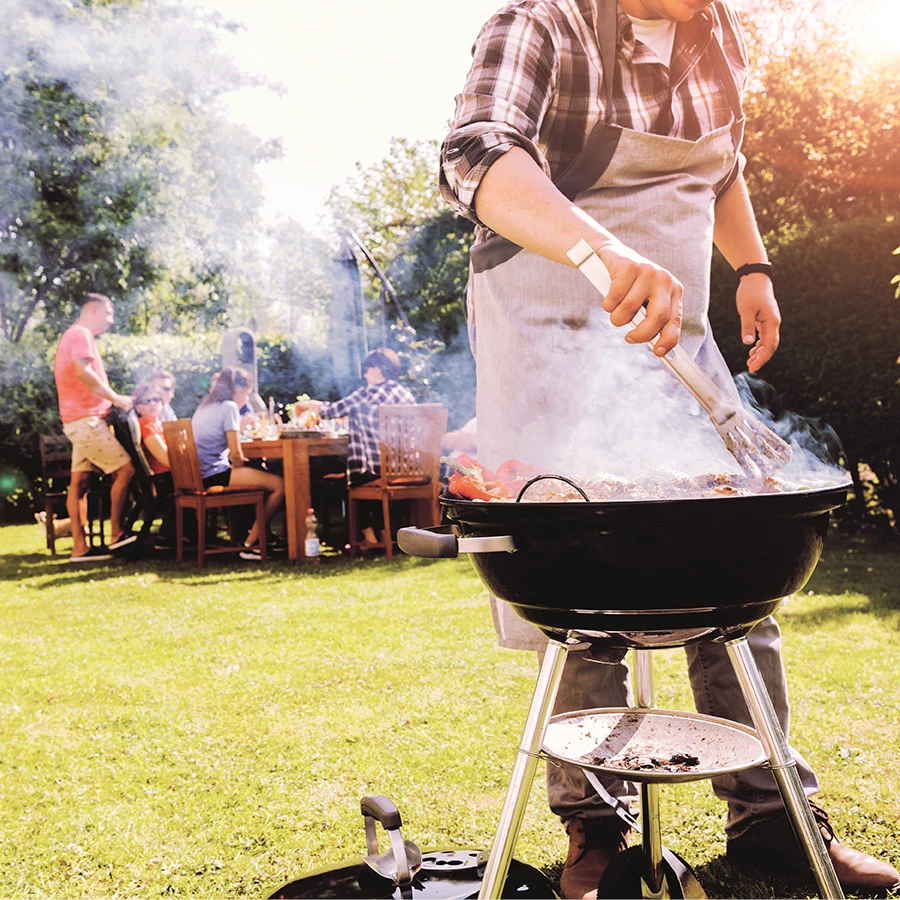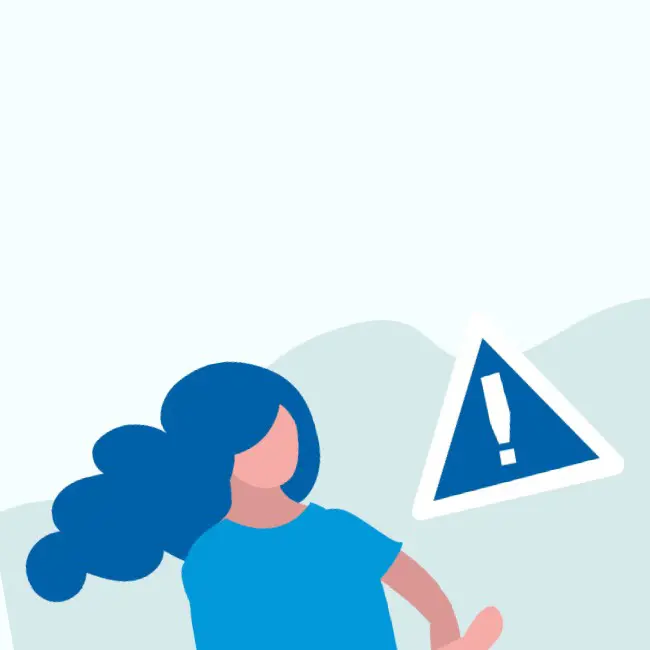Accidents happen unexpectedly and can be life-threatening without the right knowledge of those around.
It was the second evening of our holiday in Sicily. We’d had a lovely day by the pool with Gino, our little boy who was 16 months old at the time. We were sat watching the evening entertainment when Gino’s body started to feel limp. It quickly became clear that something wasn’t right. In a very British act, we quietly left the open-air arena to avoid disturbing the performance.
Minutes later and it was bedlam. My husband was on the floor trying to cradle Gino and protect his head. Blood was coming from his mouth and his little body shook from what would later be confirmed as a febrile convulsion. We were very grateful for the help and support of a Dutch paramedic and an Italian paediatric consultant who had been watching the show with their families when the alarm was raised. Their kindness and reassurance was hugely appreciated. The ambulance arrived and we were whisked away to the nearest hospital.
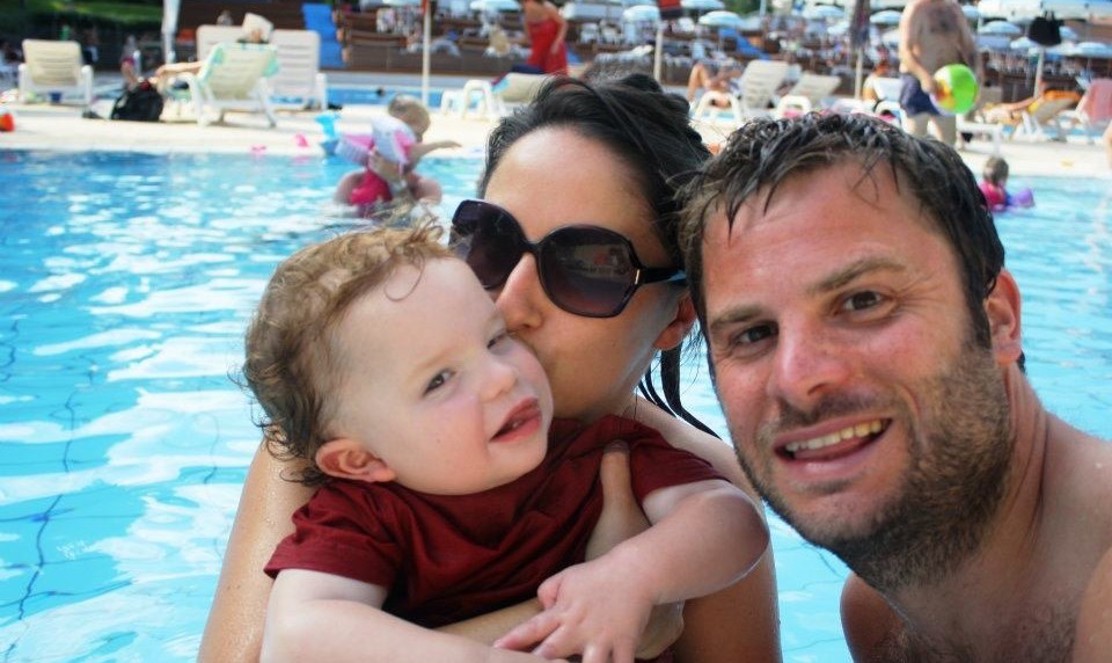
My husband later admitted to me that he feared the worst in those moments. He had no idea what was happening and the seemingly panicked behaviour of the strangers first on scene added to his dread. Thankfully Gino has now long-since grown out of the problem, as his body learnt to cope with spikes in temperature, but that memory lives on for both of us.
It was a timely reminder that things can change in a heartbeat when it comes to illnesses and injuries. As part of my job as cabin crew I’ve received medical training on an annual basis, and this incident gave me the impetus to take that knowledge to the next level. On returning from holiday I enrolled on a first aid instructor course and received my teaching qualification shortly afterwards. From there I founded The First Aid Brigade, a business that delivers emergency first aid training in a fun and memorable way.
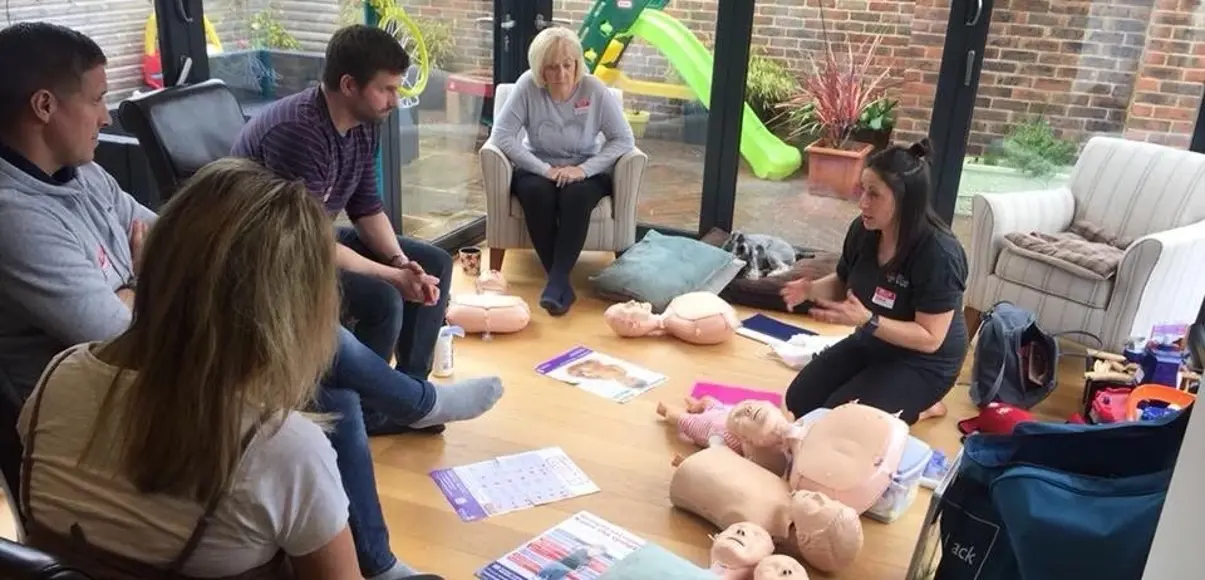
Roughly six years later and I'm very proud of what I’ve achieved. I’ve trained hundreds of people, usually parents and grandparents, who want to feel more knowledgeable and confident about what to do if faced with a first aid situation. The course content ranges from dealing with cuts and burns to helping somebody who’s choking and even administering CPR. When talking about my business I often raise the simple question, would you know what to do? And that’s at the heart of why people do the course.
Once while on a family holiday to Majorca I saw a commotion at breakfast. It turned out that the grandfather of the family was choking. His family were trying to help but didn’t know what to do. They were saying that he was okay but his face was turning grey and you could see the panic in his and their eyes. I took control of the situation, bent him forward and gave him several firm back slaps. On the third slap a small piece of bacon flew out of his mouth. The relief all round was palpable. My actions were simple but without them things could have escalated quickly and the consequences could have been devastating. I say that in no way boastfully, but rather to illustrate the point that a little knowledge can make a huge difference in certain circumstances.
Another anecdote that makes me feel particularly proud involves a dad called Mike who slightly reluctantly joined one of my classes with his wife. They had two young children and wanted to feel more prepared for dealing with a medical emergency. Mike got stuck in with the hands-on exercises and made a point of saying at the end how much he’d enjoyed it, despite his initial reservations.
A few months later and he was driving to work when he passed a distraught mother who was trying to help her baby by the roadside. Mike jumped out of the car and quickly assessed the situation. It was clear the baby wasn’t breathing. So he started giving rescue breaths and administering chest compressions. Incredibly Mike helped save that baby’s life. 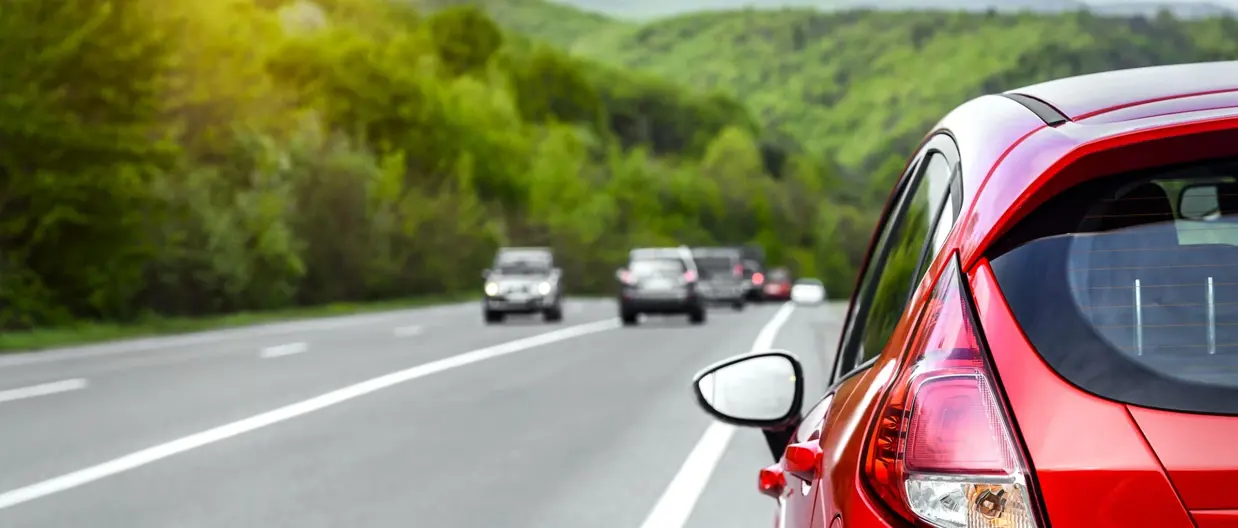
Of course not every first aid situation is a matter of life and death. But having the knowledge about what to do, whatever you’re faced with, can give you a strong sense of reassurance and confidence. But there are many reasons why people don’t take action to increase their knowledge of administering first aid. Our lives are so busy that it can seem hard to find the time. It might be one of those things that you say you will definitely do, but never quite get round to organising.
There’s also the fact that people are often optimistic and think that accidents will never happen to them or their family. Or they feel that they know enough already and could muddle through. That’s fair enough, but even if it’s taking a class as a refresher, as many people do, then taking a couple hours to sharpen your knowledge and skills really could make a big difference.
How can a first aid course help me?
Still not quite convinced? Then here are 5 reasons why I think that every single person should learn first aid:
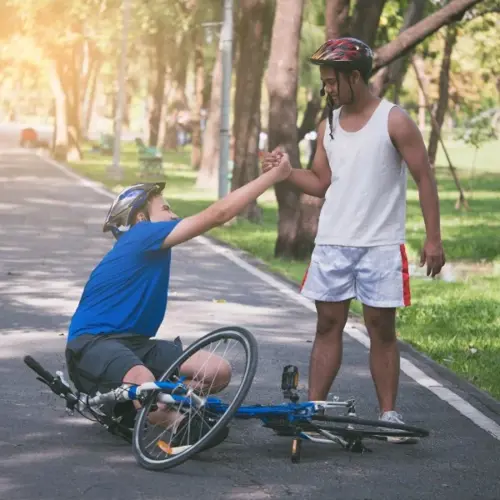
1. Be prepared
You never know what situation you might encounter. Who knows what is round the corner, so it really pays to be prepared when it comes to first aid. While you might end up helping somebody you’ve never met before, statistically if you are required to perform CPR then you are most likely to be performing it on someone you know. That casualty could be your partner, parent, child or friend.
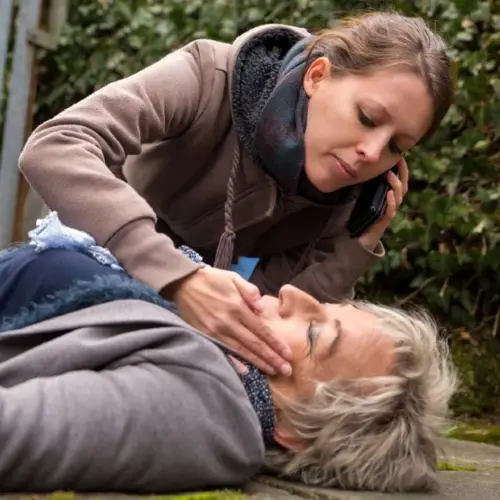
2. Have confidence to act
Being faced with an emergency first aid situation can be really scary. It is easy to feel overwhelmed or fixate on the fact you might do something wrong or even make things worse. This uncertainty can mean that people in need don’t get help quickly enough. But feeling armed with the knowledge and confidence people usually take from a hands-on training session can be the difference. It can give you the self-assurance and composure to step forward in those vital moments.
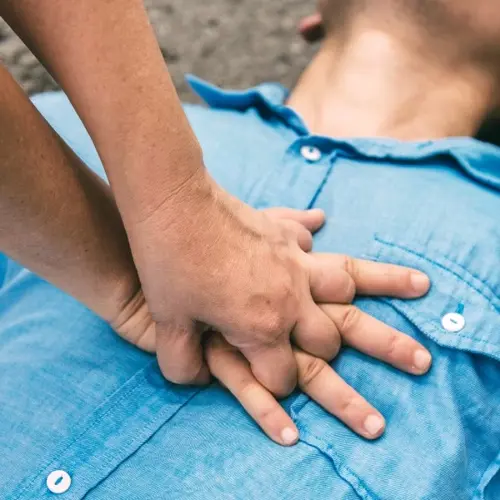
3. Improve outcomes
The first few minutes following somebody being injured or falling ill are really important. Whether that’s a choking incident, a bleed, or a burn, the treatment the casualty receives in those moments can have a big impact on the speed or extent of their recovery, or whether they recover at all. Take cardiac arrests as an example. If somebody receives immediate CPR then their chances of survival can be vastly improved.
